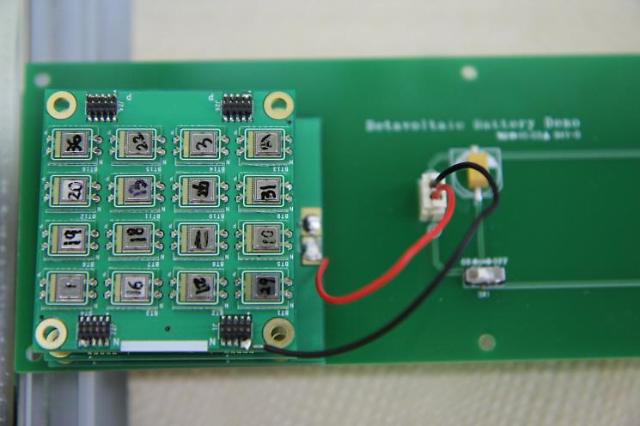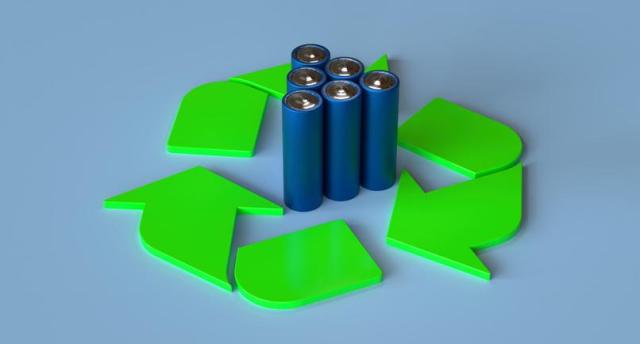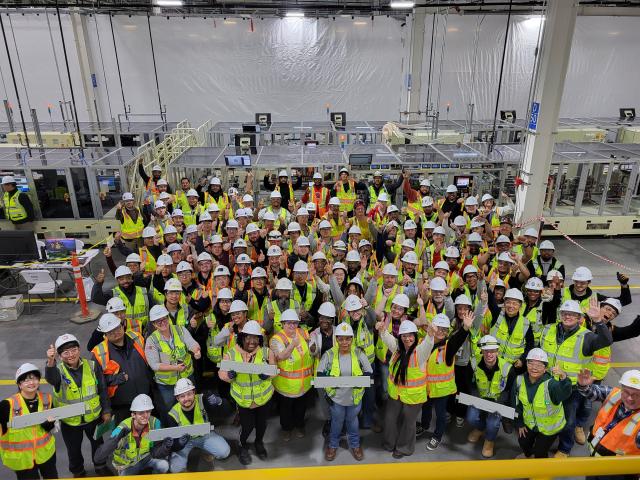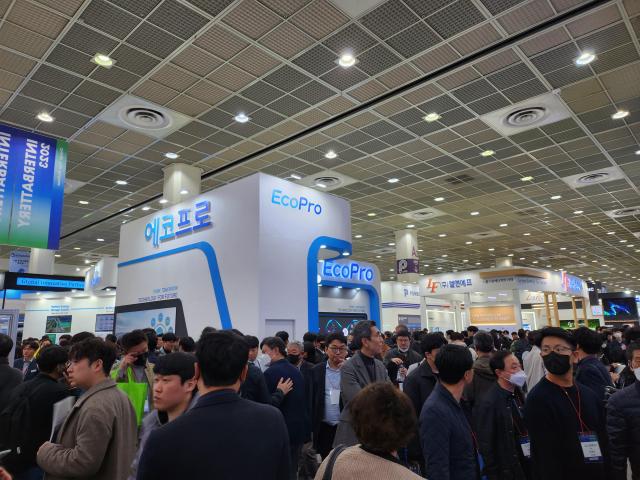
[Courtesy of KAERI]
South Korea has joined a global race to produce a new generation of power supply sources with a technical breakthrough in prolonging the lifespan of Betavoltaic batteries to more than 50 years.
Betavoltaic batteries have been researched for decades, led by US and Russian scientists, because they are well-suited to low-power electrical applications where long life of the energy source is needed such as implantable medical devices or military and space applications.
The Korea Atomic Energy Research Institute (KAERI) said Thursday that its battery using nickel-63 isotopes has a longer lifespan than others using different radioactive sources such as hydrogen isotopes and tritium, which normally have a lifespan of about 25 years.
"The betavoltaic battery we developed uses beta particles emitted from Ni-63 (Nickel) as its power source," the state research institute said in a statement. "The battery's lifespan is expected to be over 50 years without having to charge or replace it."
Betavoltaic batteries generate electricity using radioactive sources emitting beta particles (electrons). The devices are comparably tiny to conventional atomic or nuclear power generating devices and have very long lifespans. They are suited for low-power electrical devices such as those used in space operations, extreme conditions and in medical implants.
The research center said its battery is ideal for medical implants such as artificial hearts and other organs. "The battery will greatly increase the instrument lifetime of medical devices for up to 20 years from the current five years."
After developing the prototype, KAERI aims to pump up its power generating ability. "Once commercialized, the betavoltaic battery will become the next power source for many industries which require tiny, low-power generating sources."
As nickel-63 does not exist in nature, it is obtained by irradiating nickel-62 isotopes with neutrons inside nuclear reactors.
Park Sae-jin = swatchsjp@ajunews.com




